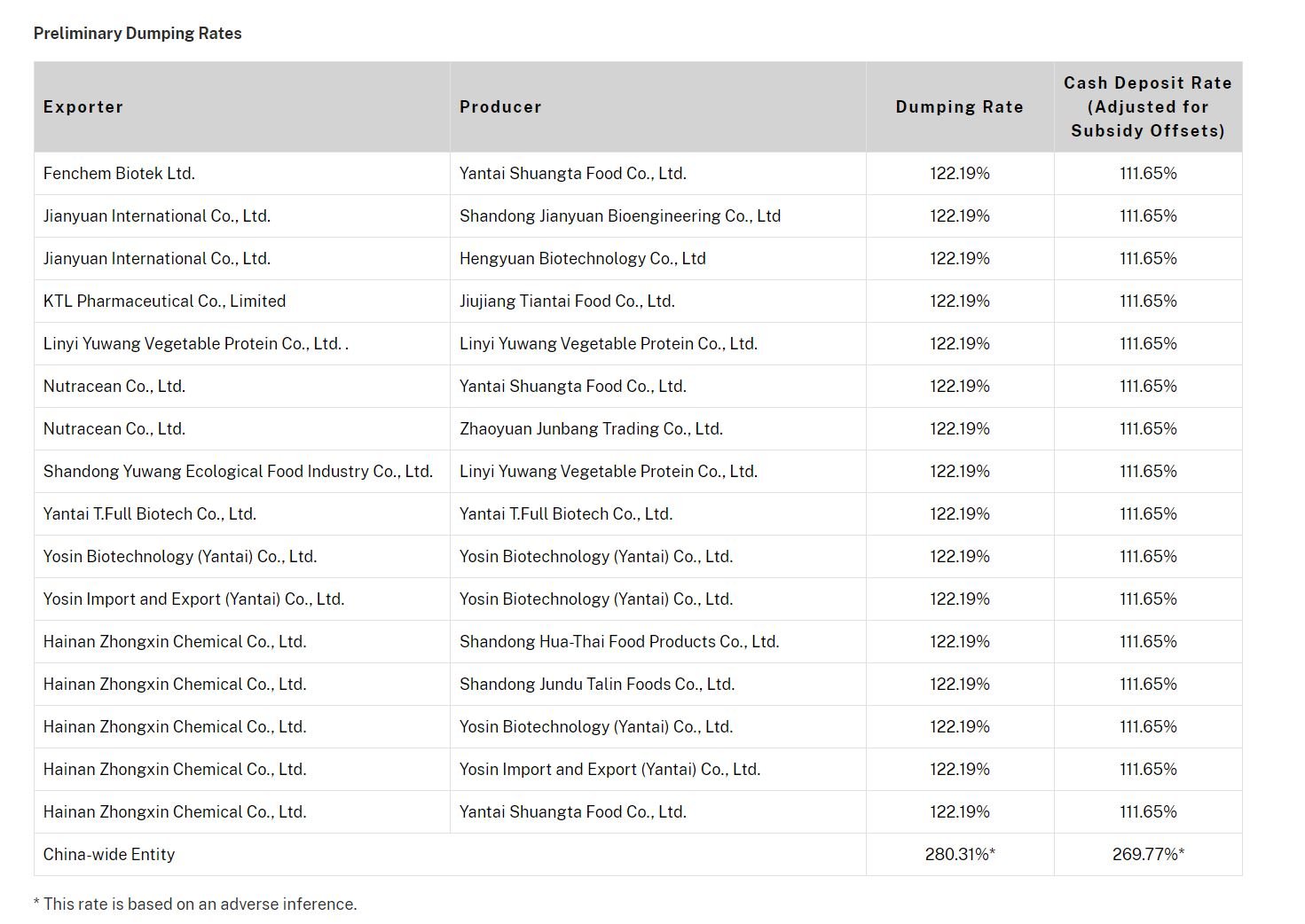“Today, the Office of the United States Trade Representative received a petition from USW, IAM, IBB, IBEW, and MTD regarding the People’s Republic of China’s (PRC) acts, policies, and practices in the critical maritime, logistics, and shipbuilding sector.
“We have seen the PRC create dependencies and vulnerabilities in multiple sectors, like steel, aluminum, solar, batteries, and critical minerals, harming American workers and businesses and creating real risks for our supply chains.
“USTR and the Biden-Harris Administration are fighting every day to put working families first, rebuild American manufacturing, and strengthen our supply chains.
I look forward to reviewing this petition in detail.”
Background
On March 12, 2024, five national labor unions filed a petition requesting an investigation into the acts, policies, and practices of the PRC in the maritime, logistics, and shipbuilding sector. The five petitioner unions are:
the United Steel, Paper and Forestry, Rubber, Manufacturing, Energy, Allied Industrial and Service Workers International Union (“USW”);
the International Association of Machinists and Aerospace Workers (“IAM”);
the International Brotherhood of Boilermakers, Iron Ship Builders, Blacksmiths, Forgers and Helpers (“IBB”);
the International Brotherhood of Electrical Workers (“IBEW”); and
the Maritime Trades Department, AFL-CIO (“MTD”).
The petition was filed pursuant to Section 302(a)(1) of the Trade Act of 1974, as amended (19 USC 2412(a)(1)), requesting action pursuant to Section 301(b) (19 USC 2411(b)). Section 301 of the Trade Act allows the United States to respond to unreasonable or discriminatory foreign government practices that burden or restrict U.S. commerce.
Pursuant to Section 302(a)(2) of the Trade Act (19 USC 2412(a)(2)), the “Trade Representative shall review the allegations in any petition filed under paragraph (1) and, not later than 45 days after the date on which the Trade Representative received the petition, shall determine whether to initiate an investigation.”
A copy of the petition is available here.
###



